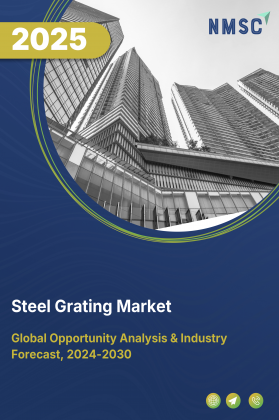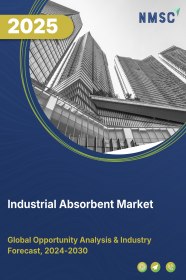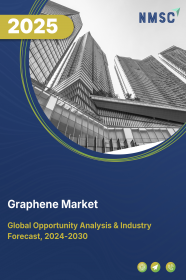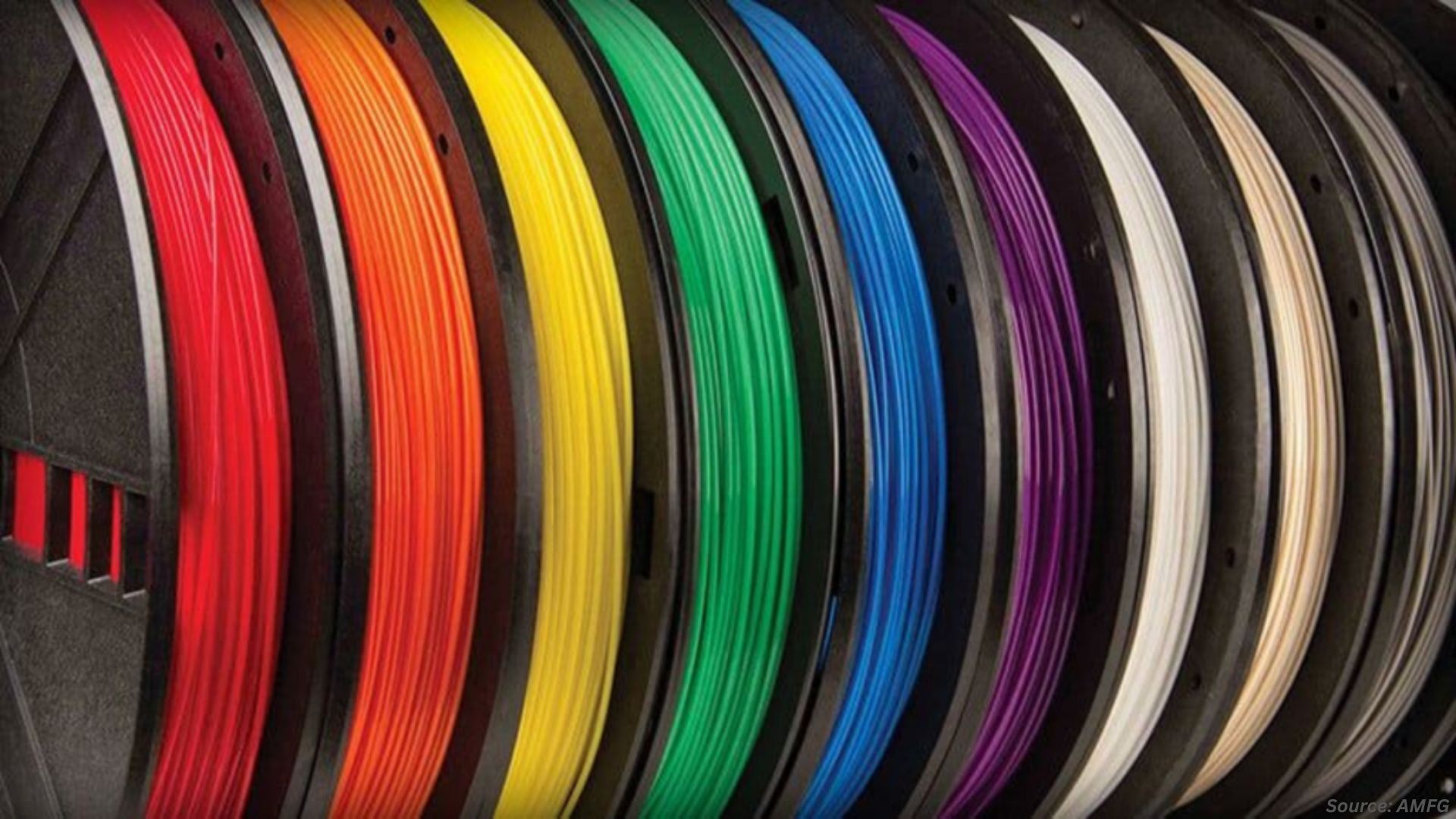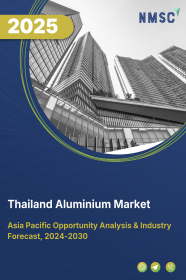
Thailand Aluminum Market by Type (Primary and Secondary), by Product Type (Flat-Rolled, Castings, Extrusions, Forgings, Powder & Paste, Billets, Wire Rods, and Other), By Alloy Series (1xxx Series, 2xxx Series, 3xxx Series, 4xxx Series, 5xxx Series, 6xxx Series, 7xxx Series), by End User (Transportation, Machinery & Equipment, Construction, Packaging, Electrical Engineering, and Other End Users)– Opportunity Analysis and Industry Forecast, 2024–2030
Industry: Materials and Chemical | Publish Date: 26-Sep-2025 | No of Pages: 159 | No. of Tables: 156 | No. of Figures: 101 | Format: PDF | Report Code : MC1408
Industry Overview
The Thailand Aluminum Market size was valued at USD 5.80 billion in 2023 and is predicted to reach USD 12.19 billion by 2030, with a CAGR of 10.3% from 2024 to 2030.
The aluminum market encompasses the supply and demand dynamics of aluminum, a versatile and lightweight metal extensively used across various industries such as automotive, aerospace, construction, packaging, and electronics. Aluminum plays a crucial role in modern manufacturing and infrastructure development as it is characterized by its properties of corrosion resistance, conductivity, and recyclability.
The market is influenced by factors such as raw material availability, technological advancements in production, economic growth, and environmental regulations. Fluctuations in global trade policies, energy costs, and demand from emerging economies further shape the aluminum market, making it a vital component of the industrial landscape.
Accelerating Aluminium Demand in Thailand’s Automotive Sector Driven by Lightweighting And Electrification Trends
Thailand’s automotive industry, recognized as the “Detroit of Asia,” is a major force behind the rising demand for aluminium. Automakers are increasingly prioritizing lightweight materials to improve fuel efficiency, comply with stricter emission standards, and enhance overall vehicle performance. The government’s EV 3.5 policy and growing adoption of electric and hybrid vehicles have further intensified the need for aluminium in applications such as battery enclosures, chassis, and structural body parts. Thailand’s role as a leading automotive export hub in ASEAN, supported by capacity expansions and favorable investment policies, underscores the sector’s critical contribution to aluminium market growth.
Expansion Of Thailand’s Electronics and High-tech Manufacturing Sector Drives Aluminium Utilization
Thailand’s electronics manufacturing sector continues to expand rapidly, supported by strong foreign direct investment, competitive labor costs, and government incentives promoting advanced manufacturing. Aluminium is widely used in heat dissipation systems, casings, and electrical connectors within this sector. The rising demand from renewable energy systems, data centers, and EV battery manufacturing further strengthens aluminium’s role as a vital material. As Thailand positions itself as a key electronics and high-tech production hub in Southeast Asia, the sector is expected to remain a major growth driver for aluminium consumption.
Raw Material Dependence, Energy Costs, and Environmental Regulations Limit Aluminium Production Stability
Thailand’s aluminium industry faces structural challenges due to its reliance on imported raw materials, particularly bauxite and alumina, as domestic reserves are limited in quality and quantity. Heavy import dependence exposes producers to global supply chain disruptions, price volatility, and geopolitical uncertainties. Additionally, the energy-intensive nature of aluminium smelting makes production costs vulnerable to Thailand’s relatively high electricity tariffs, reducing competitiveness compared to low-cost producers in regions such as China and the Middle East. Strict environmental regulations and community resistance to mining projects further constrain expansion, compelling industry players to adopt sustainable practices and diversify sourcing strategies.
Expansion of Secondary Aluminium Production and Ai-enabled Scrap Sorting Boosts Sustainability
Thailand’s aluminium industry is increasingly turning toward secondary production to mitigate import dependency and align with circular economy goals. Advancements in artificial intelligence (AI) and automation are transforming scrap recycling by enabling rapid alloy identification, precise separation, and improved throughput, which enhance the quality and commercial value of recycled aluminium. These innovations lower production costs, reduce environmental impact, and improve compliance with sustainability standards demanded by global supply chains. The growing emphasis on green manufacturing, coupled with government support for recycling and renewable energy, positions scrap-based aluminium production as a key opportunity for the industry’s future growth.
Competitive Landscape
The Thailand aluminum industry comprises various market players, such as Alucon Public Company Limited, UACJ Extrusion (Thailand) / UACJ Corporation (Rayong Works), Thai Beverage Can Limited (TBC), Standard Can Public Co., Ltd, Bangkok Can Manufacturing Co., Ltd. (BCM), Thai Metal Aluminium Co., Ltd, United Aluminium Industry Co., Ltd. (UAI), Nikkei Siam Aluminium Limited, Daiki Aluminium Industry (Thailand) Co., Ltd, Eright Metals Company Limited, Siam Anglo Alloy Co., Ltd. (SAA), Oregon Aluminium (Oregon Aluminium), Thai Metal Impex Co., Ltd, Green Metals (Thailand) Co., Ltd, L.S. Alloy Co., Ltd. (LS Alloy), and others.
These companies are adopting various strategies, including product launches across various regions, to maintain their dominance in the Thai aluminum market. By continuously innovating and launching new offerings, they aim to meet the evolving demands of customers and also enable them to capture new opportunities and expand their market share.
|
DATE |
COMPANY |
RECENT DEVELOPMENTS |
|
|
September 2025 |
Thai Metal Aluminium Co., Ltd. |
On 15 September 2025, at M Tower, Thai Metal’s MD Mr. Supat Ratanasirivilai presented on “From Loan to Low Carbon” and discussed their THAI METAL GREEN BILLET initiative. |
|
|
May 2025 |
UACJ Corporation |
On 14 May 2025, UACJ published a correction to the “Results Briefing for Fiscal 2024” originally disclosed on 13 May 2025, correcting cash flow and export data figures. |
|
|
July 2024 |
Thai Beverage Can Ltd. (TBC) with partners |
Organized the “Can to Can Journey” event, following the lifecycle of aluminium cans – production, use, collection, recycling – to support a fully closed-loop recycling system in Thailand. |
|
|
August 2025 |
Alucon Public Company Limited (Alucon) |
Alucon reported its earnings results for the second quarter and for the six months ended June 30, 2025. |
|
|
June 2018 |
Bangkok Can Manufacturing Co., Ltd. (BCM) |
BCM (a JV with Toyo Seikan, Japan) had earlier invested in a new beverage can plant in Ayutthaya (announced in 2018) to meet rising demand. |
|
Thailand Aluminum Market Key Segments
By Type
-
Primary
-
Secondary
By Product Type
-
Flat-Rolled
-
Castings
-
Extrusions
-
Forgings
-
Powder & Paste
-
Billets
-
Wire Rods
-
Other Types
By Alloy Series
-
1xxx Series
-
2xxx Series
-
3xxx Series
-
4xxx Series
-
5xxx Series
-
6xxx Series
-
7xxx Series
By End User Industry
-
Transport
-
Aerospace
-
Automotive
-
Marine
-
-
Machinery & Equipment
-
Construction
-
Packaging
-
Food & Beverage
-
Cosmetics
-
Others
-
-
Electrical Engineering
-
Others End Users
Key Players
-
Alucon Public Company Limited
-
UACJ Extrusion (Thailand) / UACJ Corporation (Rayong Works)
-
Thai Beverage Can Limited (TBC)
-
Standard Can Public Co., Ltd.
-
Bangkok Can Manufacturing Co., Ltd. (BCM)
-
Thai Metal Aluminium Co., Ltd.
-
United Aluminium Industry Co., Ltd. (UAI)
-
Nikkei Siam Aluminium Limited
-
Daiki Aluminium Industry (Thailand) Co., Ltd.
-
Eright Metals Company Limited
-
Siam Anglo Alloy Co., Ltd. (SAA)
-
Oregon Aluminium (Oregon Aluminium)
-
Thai Metal Impex Co., Ltd.
-
Green Metals (Thailand) Co., Ltd.
-
L.S. Alloy Co., Ltd. (LS Alloy)
Report Scope and Segmentation:
|
Parameters |
Details |
|
Market Size in 2023 |
USD 5.80 Billion |
|
Revenue Forecast in 2030 |
USD 12.19 Billion |
|
Growth Rate |
CAGR of 10.3% from 2024 to 2030 |
|
Analysis Period |
2023–2030 |
|
Base Year Considered |
2023 |
|
Forecast Period |
2024–2030 |
|
Market Size Estimation |
Billion (USD) |
|
Growth Factors |
|
|
Companies Profiled |
15 |
|
Market Share |
Available for 10 companies |
|
Customization Scope |
Free customization (equivalent to up to 80 working hours of analysts) after purchase. Addition or alteration to the country, regional, and segment scope. |
|
Pricing and Purchase Options |
Avail customized purchase options to meet your exact research needs. |

















 Speak to Our Analyst
Speak to Our Analyst



